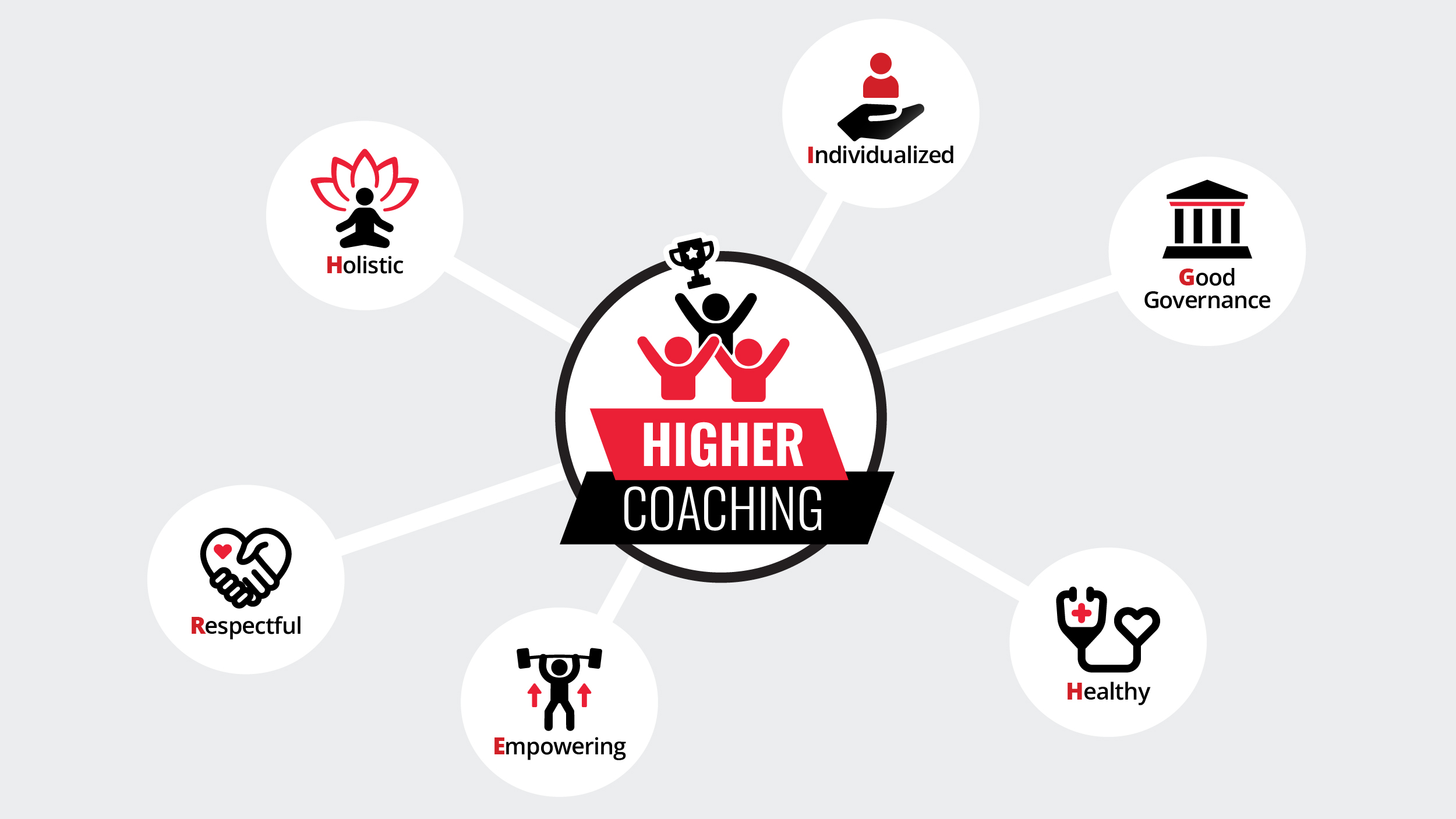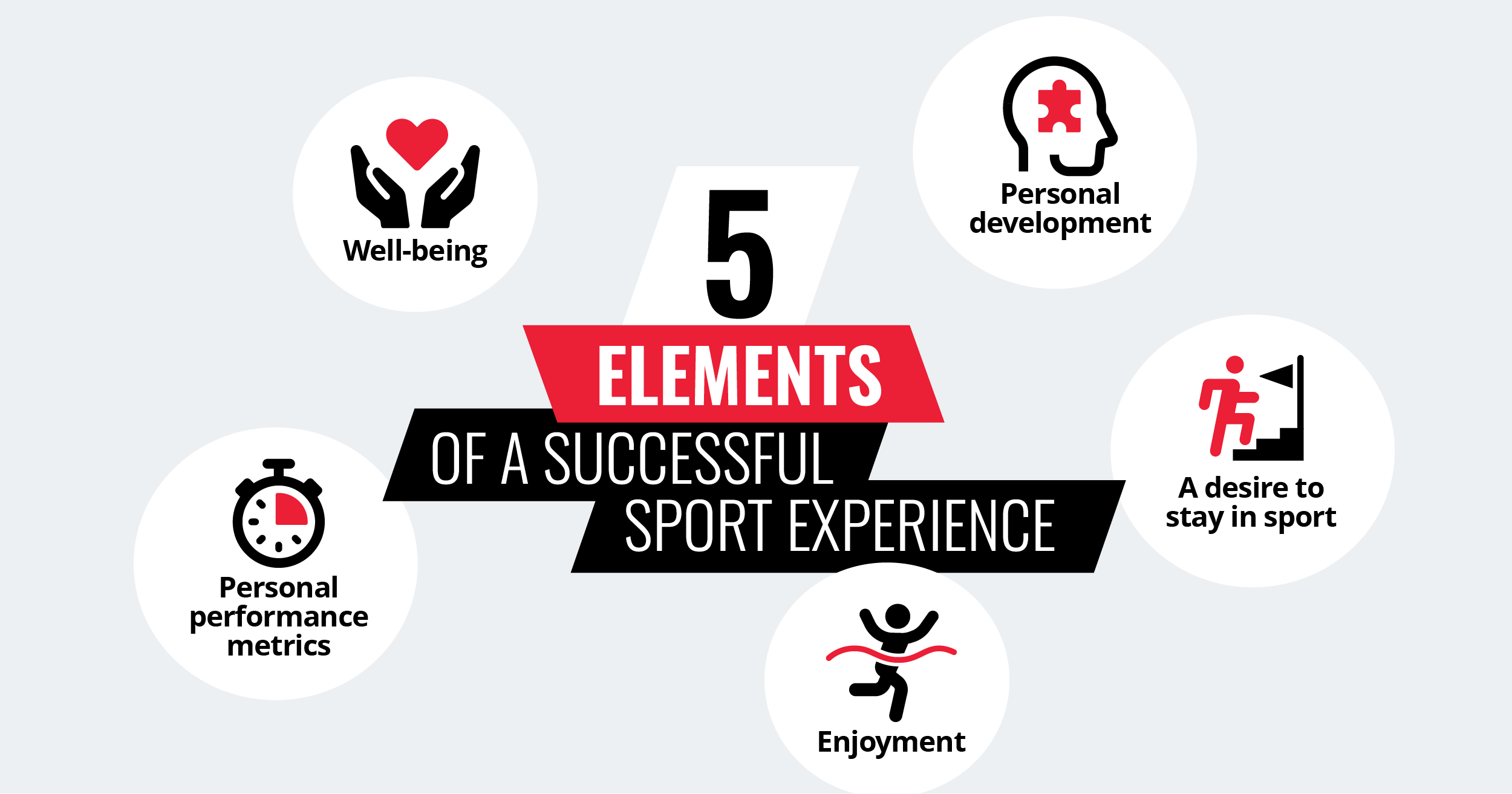Component: Header Banner
Component: Text Only
Sport has immense power to bring people together, to contribute to the holistic development of young people, and to provide an important sense of achievement. For these benefits to occur, participants need to feel safe, included, respected, and cared for. With the growing awareness of experiences of maltreatment in sport, questions have been posed about how to establish sport environments that are not only abuse-free but provide fulfilling experiences.
The Quality Coaching Toolkit was developed for the Coaching Association of Canada based on the research findings found in the Embracing Excellence report, which was based on the dissertation of Erin Willson, PhD. The purpose of this toolkit is to provide tangible ways for coaches and sport organizations to implement positive coaching within their sport environment.
Component: Text and Media

HIGHER COACHING: Holistic, Individualized, Good Governance, Health, Empowering, Respectful
Quality Coaching Toolkit: Coaching for Performance in Life and in Sport
Many competitive coaches and athletes insist that performance is not their only definition of success. The Quality Coaching Toolkit expands upon current definitions of success in sport and provides suggestions for coaches to implement more positive coaching strategies into their repertoire.
This toolkit can be used as a foundation for recognizing your strengths as a coach and identifying priorities for change. Although this toolkit was informed by research with Canadian Olympic and Paralympic athletes, the content may be applied in any competitive sport environment.
Component: Text and Media

5 ELEMENTS OF A SUCCESSFUL SPORT EXPERIENCE: Personal development, A desire to stay in sport, Enjoyment, Personal performance metrics, Well-being
Embracing Excellence: Cultivating Success Through Positive Sport
Athlete maltreatment in sport has become a growing concern in research and practice. Although evidence exists to show that positive coaching approaches are linked with increased athlete satisfaction and retention, there is a lack of evidence to show that positive coaching techniques can elicit high-performance results. This report, which was produced for the CAC based on the dissertation of Erin Willson, PhD, addressed this gap.
The research findings in this report were used to create the Quality Coaching Toolkit.